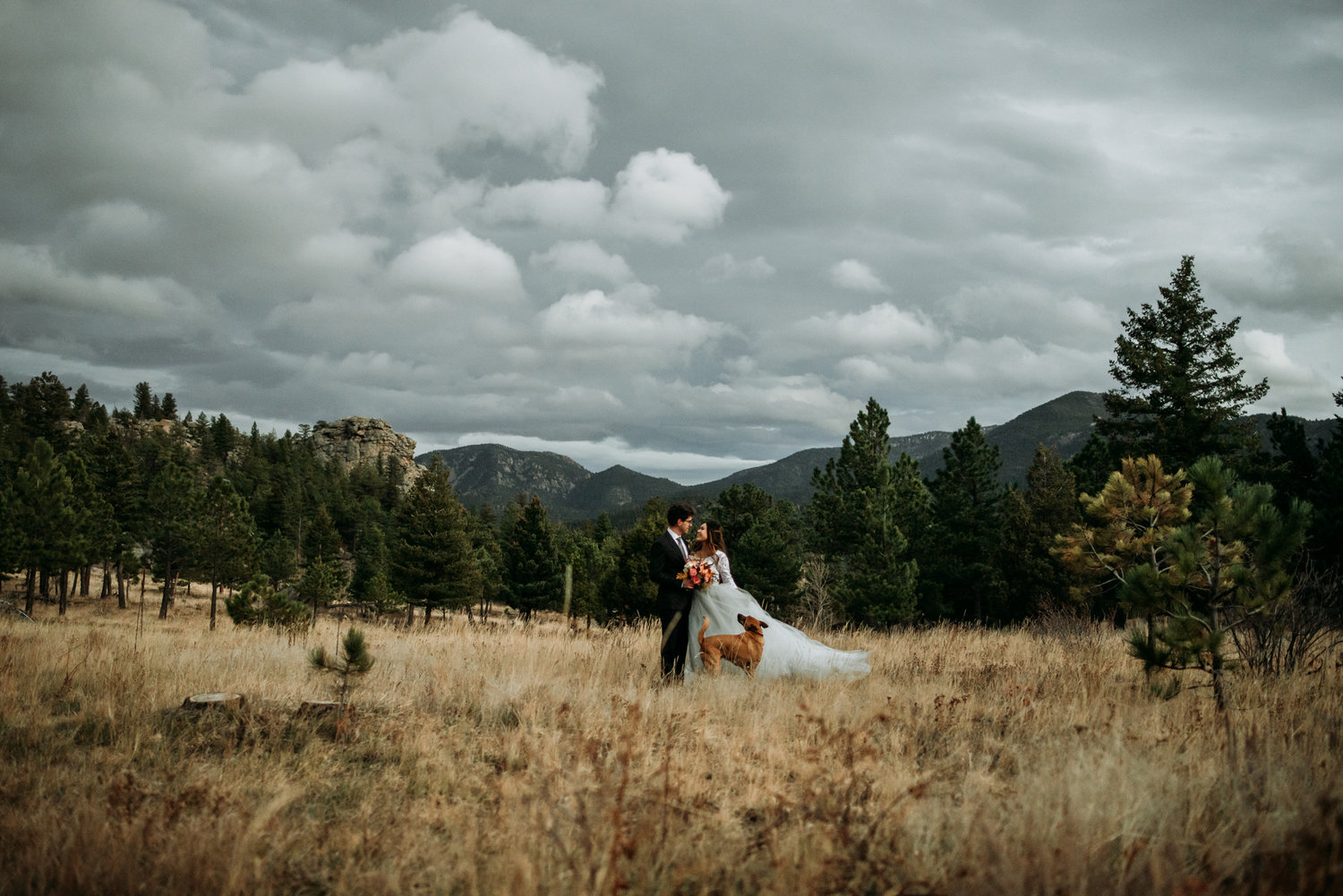Everyone can relate to a busy day flying by- over before you know it and kind of a blur. Your wedding can easily end up the same way if you let it. But why does this happen? Is there anything we can do to prevent it?
The neuroscience behind our perception of time
Research into the human brain has shown that our perception of time has a lot to do with what type of information our brains are processing and how familiar we are with that information. It’s why childhood experiences- the passage of years and the long stretch of summer vacation – seemed almost endless at the time, and why experiences we have as adults seem so fleeting.
Novel experiences– to a child that’s almost everything- take our brains longer to process while rote actions that make up our adult lives- going to work, driving home, even spending time with friends, can flash by with hardly a moment to register.
Put simply, novel stimuli creates an anchor in our brains and slows down our perception of time as our brains process that experience.
How does the perception of time differ on an elopement day?
If you’ve ever been married yourself or spoken to a married couple about their experience, you won’t be surprised to learn that for most people the day is a blur.
While getting married is certainly “novel,” the seemingly unique experience of hosting a wedding isn’t wholly new. By the time most people have their own weddings, we’ve attended them as guests and seen their dramas play out in countless movies and TV shows. We know about what to expect and sometimes even hold a rehearsal.
All told, a traditional wedding is much LESS novel compared with an elopement.
How can we use this research to prevent your wedding day from passing in a blur?
- Practice mindfulness
Mindfulness- the practice of focusing one’s awareness on the present moment- has been shown to lengthen the perception of time. Introducing mindfulness into the way I photograph a couple is as intentional as their decision to elope. Rather than focus on stiff poses, I direct couples to pause and breathe, to memorize sounds, smells, textures and colors- and together we create an anchor in time, intentionally slowing down the day and creating space for experience. - Try new activities
Couples who choose to undertake an adventurous experience like a sunrise hike or mountain top picnic are forcing their brains to process novel stimuli. As we’ve learned, this slows down the brain’s processing time and leads to vivid experiences and memories. Says Michael Flaherty, Professor of Sociology at Eckerd College, “The perceived passage of time can slow down when we’re doing something new, such as learning a challenging skill or going on vacation to an exotic locale.” - Visit new places
If you’ve travelled overseas before- you know this one well. Visiting new places is a a very effective way to anchor that experience in time, especially if you are visiting a place that is very culturally or linguistically different than what you’re familiar with. You’ll remember exchanging vows at sunset along Catalonia’s Costa Brava, walking hand in hand to your dinner reservation. You hear seagulls calling above you and squabbling as they land on the beach. Vendors selling wares call to you in Spanish, and their voices mingle with a host of other languages spoken. It makes you feel so humbled and small, aware of your exact position on the planet- so far from the familiar. That thought alone expands your heart because you actually found that perfect person in this wide world- and you just married them. - Be spontaneous
You won’t find spontaneity in most traditional weddings- and if you do, it’s sure to be unwelcome- a sudden downpour, a guest that’s overindulged. But spontaneity is another neuroscientist-recommended “hack” to slow your perception of time and it fits in perfectly with the principles of an elopement day.
No matter how loose your wedding day timeline is, the truth is that you will still end up planning your day around your guests. If you elope, you and your partner’s experience is the only one that matters. You have the freedom to explore, take detours, be in the moment.
It’s my belief that the “tradition trap” of big weddings sets couples up for lost time. It’s incredibly disappointing to spend months planning a party and have it fly right by.
I don’t want that for you or your wedding day- let’s start the conversation about how to #freeyourwedding

References:
https://www.inc.com/jessica-stillman/how-to-make-your-days-feel-longer.html
https://buffer.com/resources/the-science-of-time-perception-how-to-make-your-days-longer
https://www.newyorker.com/magazine/2011/04/25/the-possibilian
https://www.ncbi.nlm.nih.gov/pubmed/23778017
https://greatergood.berkeley.edu/article/item/Short_on_time_try_mindfulness
https://www.cbsnews.com/news/what-actually-happens-when-time-flies-by/

2 Responses